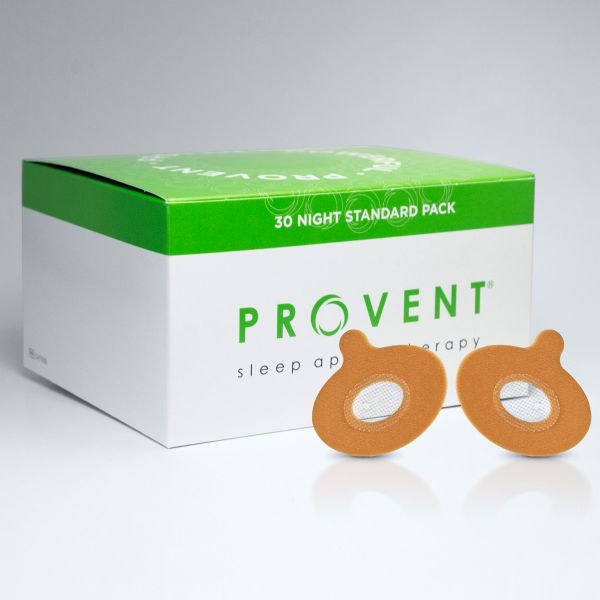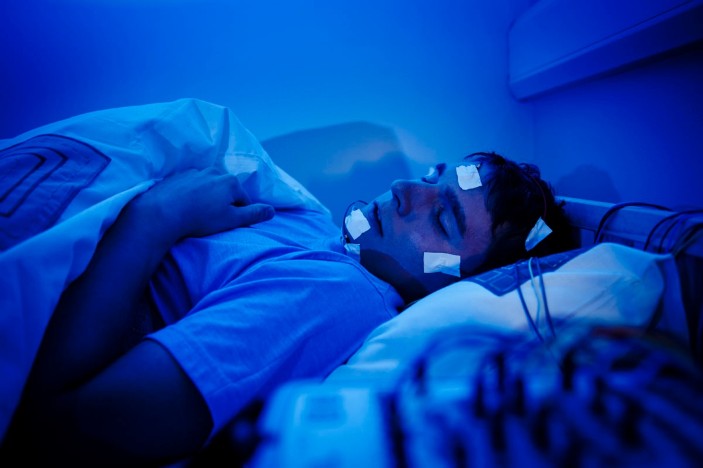Efficient Therapy Solutions for Handling Sleep Disorders and Enhancing Restful Sleep
In the world of health care, the management of rest disorders and the quest for relaxed rest are pivotal parts of overall health. Efficient therapy solutions supply a multifaceted technique to deal with these difficulties, varying from cognitive behavior treatments to holistic techniques that advertise leisure and mindfulness. The expedition of numerous strategies, including the combination of medicine and light therapy, opens a realm of opportunities in the pursuit of much better sleep high quality. As we browse the complex landscape of sleep problems and look for to enhance our rest experience, a deeper understanding of these therapy remedies might hold the trick to opening a much more relaxing and fulfilling restorative trip.
Cognitive Behavioral Treatment for Sleep Problems (CBT-I)
Cognitive Behavior Therapy for Sleeping Disorders (CBT-I) is a structured, evidence-based therapy technique that concentrates on dealing with the hidden elements contributing to sleep disruptions. This kind of therapy intends to change behaviors and ideas that intensify sleeping disorders, inevitably promoting healthy and balanced sleep patterns. CBT-I commonly involves numerous crucial elements, including cognitive treatment, rest restriction, stimulation control, and sleep health education.
Cognitive therapy helps people identify and change negative thought patterns and beliefs regarding sleep that may be preventing their ability to fall or stay asleep. Rest limitation entails restricting the amount of time invested in bed to match the individual's actual rest period, therefore enhancing rest performance (sleep improvement therapy). Stimulation control methods help establish a strong organization between the bed and rest by urging people to go to bed just when drowsy and to avoid taking part in boosting activities in bed
Moreover, sleep health education and learning concentrates on developing healthy and balanced sleep behaviors, such as keeping a regular sleep schedule, creating a relaxing bedtime regimen, and maximizing the rest atmosphere. By attending to these variables comprehensively, CBT-I uses a reliable non-pharmacological treatment for handling insomnia and boosting overall rest top quality.
Rest Hygiene Practices
Having established the foundation of cognitive restructuring and behavior alterations in addressing sleep problems through Cognitive Behavioral Treatment for Sleeping Disorders (CBT-I), the emphasis now shifts in the direction of discovering necessary Sleep Health Practices for preserving ideal sleep quality and total wellness.
Rest health techniques incorporate an array of practices and environmental aspects that can dramatically influence one's capability to drop off to sleep and stay asleep throughout the evening. Constant rest and wake times, creating a relaxing going to bed regimen, and enhancing the sleep atmosphere by keeping it dark, peaceful, and cool are crucial elements of good rest hygiene. Limiting exposure to screens prior to bedtime, preventing energizers like caffeine near to going to bed, and participating in normal physical task during the day can likewise advertise better rest quality.
Moreover, exercising leisure techniques such as deep breathing exercises or meditation before bed can help calm the mind and prepare the body for sleep. By incorporating these rest health methods into one's day-to-day regimen, people can establish a healthy and balanced sleep pattern that supports relaxing rest and general well-being.
Relaxation Methods and Mindfulness
Applying relaxation methods and mindfulness techniques can play a pivotal function in cultivating a feeling of tranquility and promoting quality rest. natural insomnia remedies. These methods aim to quiet the mind, decrease anxiety, and produce an optimum environment for relaxing sleep. One widely practiced method is deep breathing exercises, where individuals concentrate on slow, deep breaths to unwind the mind and body. Modern muscle mass relaxation entails tensing and afterwards releasing each muscular tissue team, promoting physical relaxation. Additionally, guided images can aid carry individuals to a tranquil area in their minds, aiding in stress decrease and improving sleep quality.
By integrating these practices into a bedtime routine, individuals can signal to their bodies that it is time to loosen up and prepare for rest. In general, incorporating relaxation methods and mindfulness methods can substantially contribute to managing sleep problems and improving general rest quality.

Medication Options for Sleep Disorders
After exploring relaxation techniques and mindfulness methods as non-pharmacological treatments for enhancing insomnia counseling rest high quality, it is necessary to consider medication choices for people with rest disorders. In situations where way of life modifications and treatment do not give adequate relief, medicine can be a useful tool in handling rest disruptions.
Generally recommended drugs for rest conditions include benzodiazepines, non-benzodiazepine hypnotics, antidepressants, and melatonin receptor agonists. Benzodiazepines, such as diazepam, are sedatives that can help cause sleep, however they are typically recommended for temporary use due to the threat of dependancy. Non-benzodiazepine hypnotics like zolpidem are also utilized to deal with sleeplessness and have a lower danger of reliance contrasted to benzodiazepines. Antidepressants, such as trazodone, can be useful for individuals with co-occurring anxiety and sleep disruptions. Melatonin receptor agonists, like ramelteon, target the body's natural sleep-wake cycle and can be useful for controling sleep patterns.
It is vital for individuals to speak with a doctor to identify one of the most suitable medicine choice based upon their details rest disorder and clinical background.
Light Therapy for Circadian Rhythm Guideline
Light treatment, additionally called photo-therapy, is a non-invasive therapy method utilized to manage body clocks and enhance sleep-wake cycles. This treatment includes exposure to intense light that simulates natural sunlight, which assists to reset the body's biological rhythm. By subjecting people to specific wavelengths of light, commonly in the early morning or night depending upon the desired result, light therapy can effectively adjust the circadian rhythm to advertise wakefulness during the day and improve relaxing sleep in the evening.
Research study has actually shown that light treatment can be specifically advantageous for individuals with circadian rhythm problems, such as postponed sleep phase disorder or jet lag. It can also be practical for those experiencing seasonal depression (SAD), a kind of clinical depression that normally happens throughout the cold weather when natural light exposure is reduced. Light therapy is normally well-tolerated and can be utilized together with other therapy techniques for rest conditions to maximize end results and improve overall sleep top quality.
Conclusion
In final thought, efficient therapy remedies for taking care of sleep disorders and enhancing restful sleep consist of Cognitive Behavior modification for Sleep Problems (CBT-I), sleep health techniques, relaxation methods and mindfulness, drug alternatives, and light treatment for circadian rhythm law. These techniques can help individuals improve their rest quality and general health. It is crucial to talk to a doctor to establish the most suitable strategy for dealing with sleep concerns.
As we navigate the detailed landscape of sleep conditions and seek to enhance our rest experience, a much deeper understanding of these therapy services might hold the key to opening an extra rejuvenating and meeting restorative trip.
Rest constraint includes restricting the amount of time invested in bed to match the person's real sleep period, consequently boosting sleep performance. Consistent rest and wake times, producing a relaxing going to bed regimen, and maximizing the rest setting by keeping it dark, silent, and cool are crucial elements of excellent rest health. Light therapy is generally well-tolerated and can be used in combination with various other therapy approaches for rest problems to enhance outcomes and enhance general rest quality.
